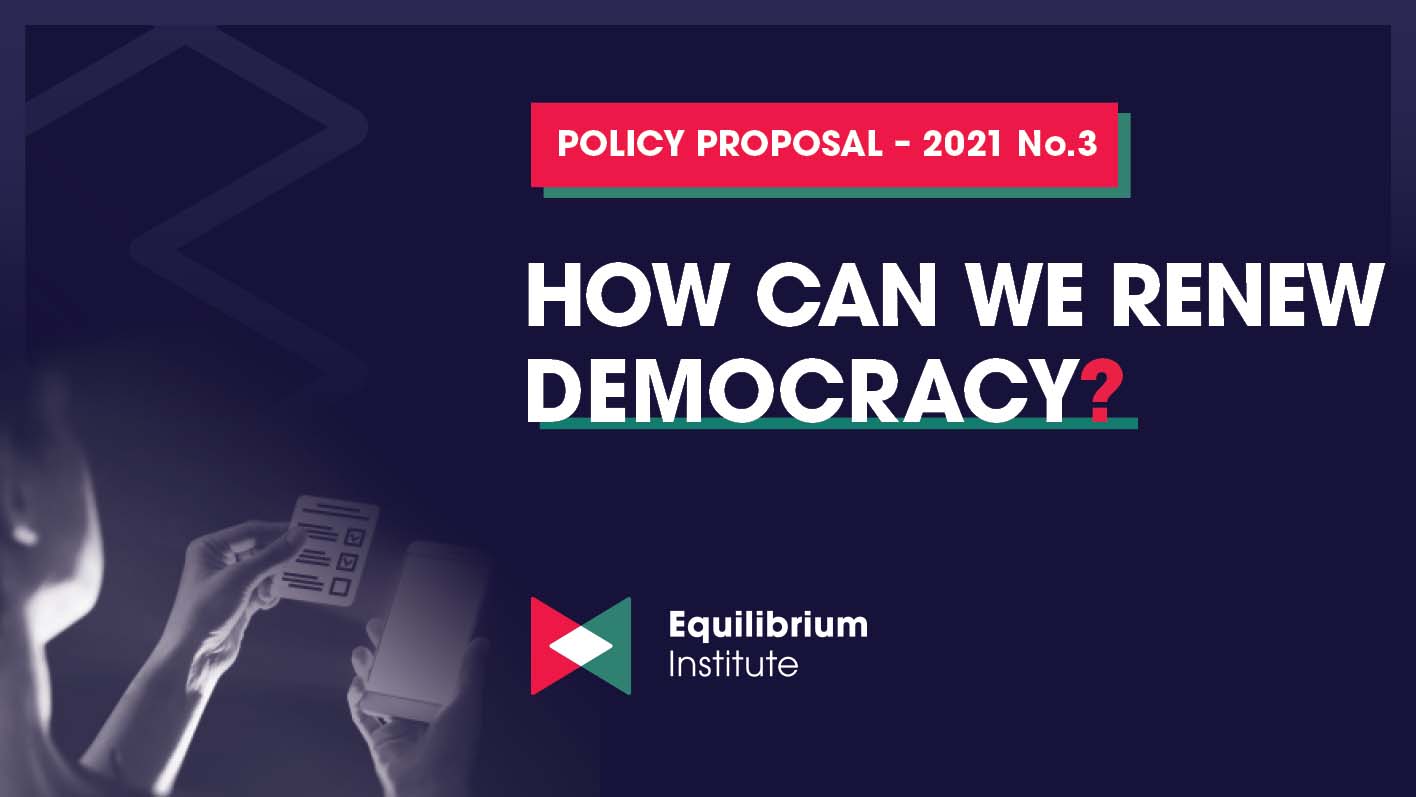The situation of democracy and the rule of law in Hungary has been the subject of intense debates over the last decade, and these debates continue to rage today. The divisions in Hungarian society on the subject of democracy cannot be overcome in the foreseeable future; the best that can be achieved in the near future are some temporary realignments. This does not imply, however, that Hungary does not need to address the problems concerning the way its democratic institutions work or the modernisation challenges facing us – these will affect us all in the future, regardless of how we individually view the situation today.
Regardless of one’s party preference, the declining trust of citizens in politics; extreme political polarisation; the politicisation of public administration; and aging societies all over the world – Hungary included – are disconcerting phenomena, and these problems undermine the stability of democratic regimes. As a result of these trends, even the optimists among those who reflect on the future of politics highlight the multifaceted crisis of democracy and the urgent need of its renewal. However, there are also those who argue either openly or by implication that history has simply moved beyond this regime type. Actually, however, technological progress – the internet above all, but also the proliferation of smartphone and blockchain technology – opens up new possibilities for further developing and improving democratic institutions.
The full policy proposal is available here.


